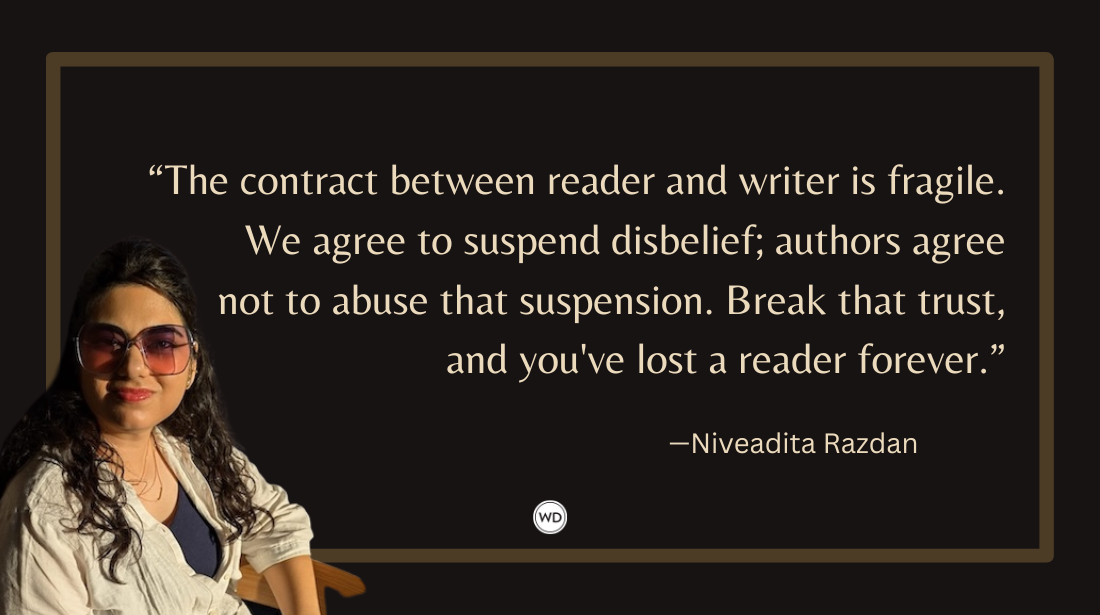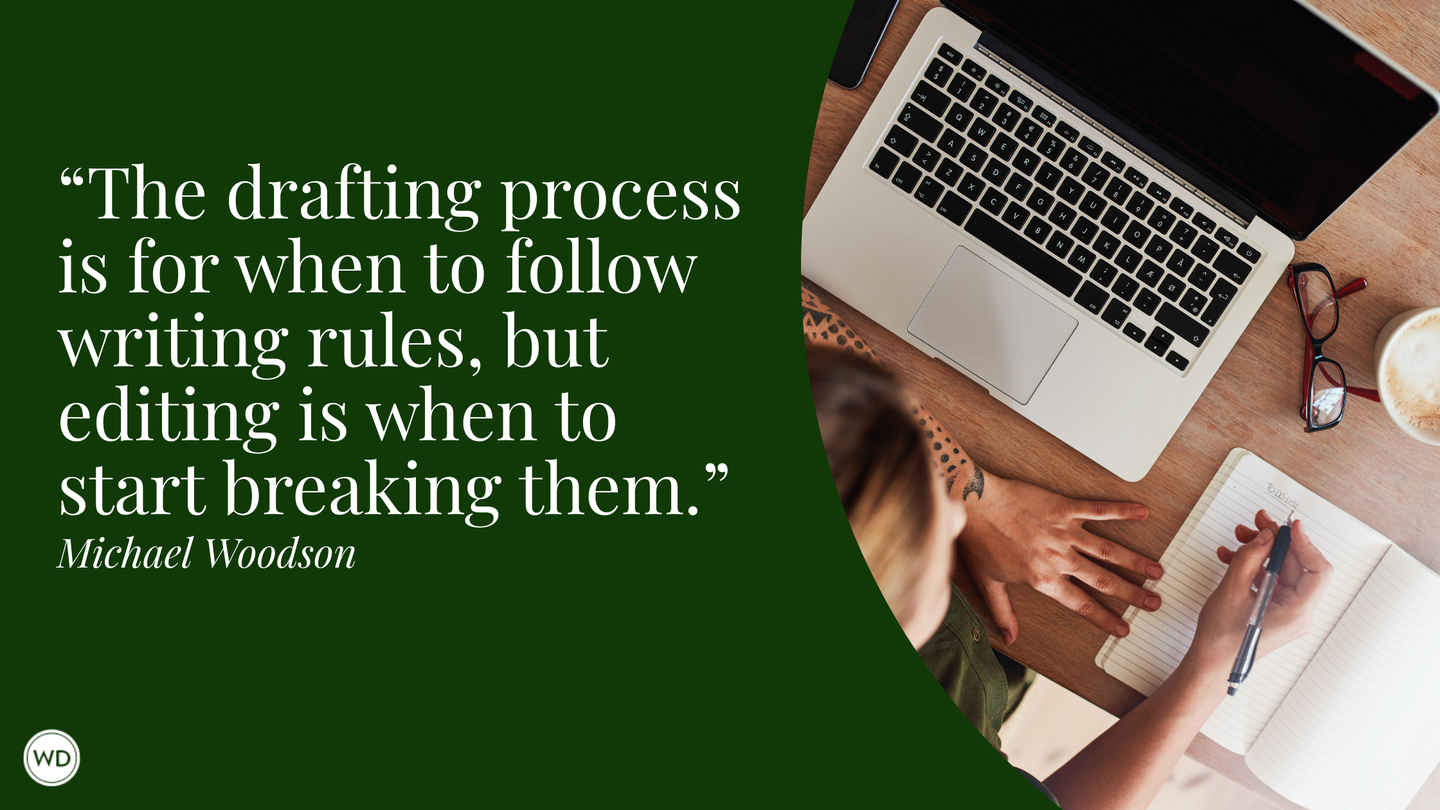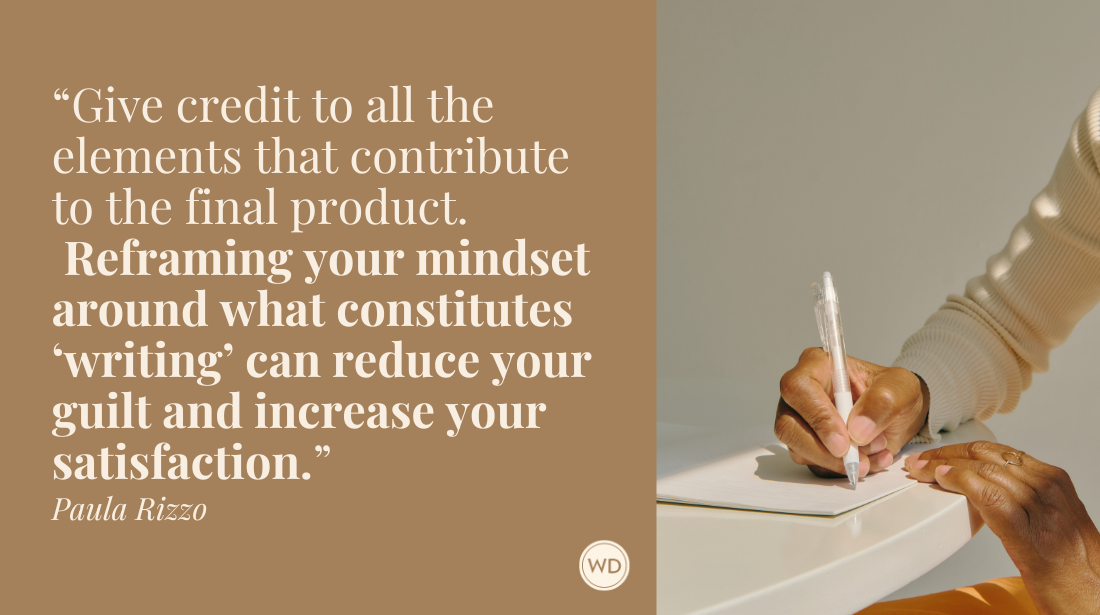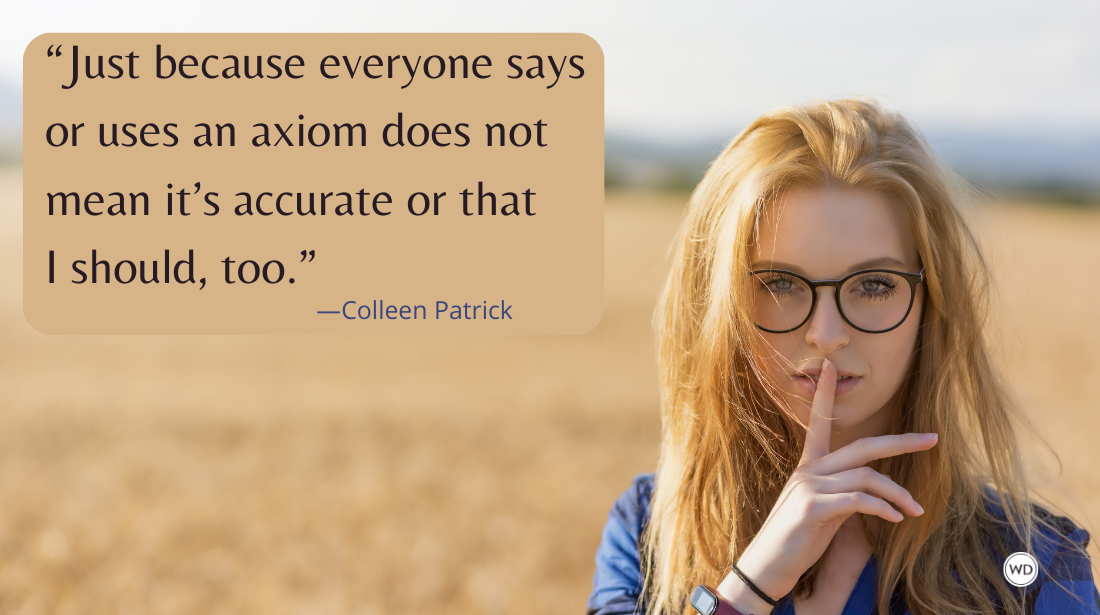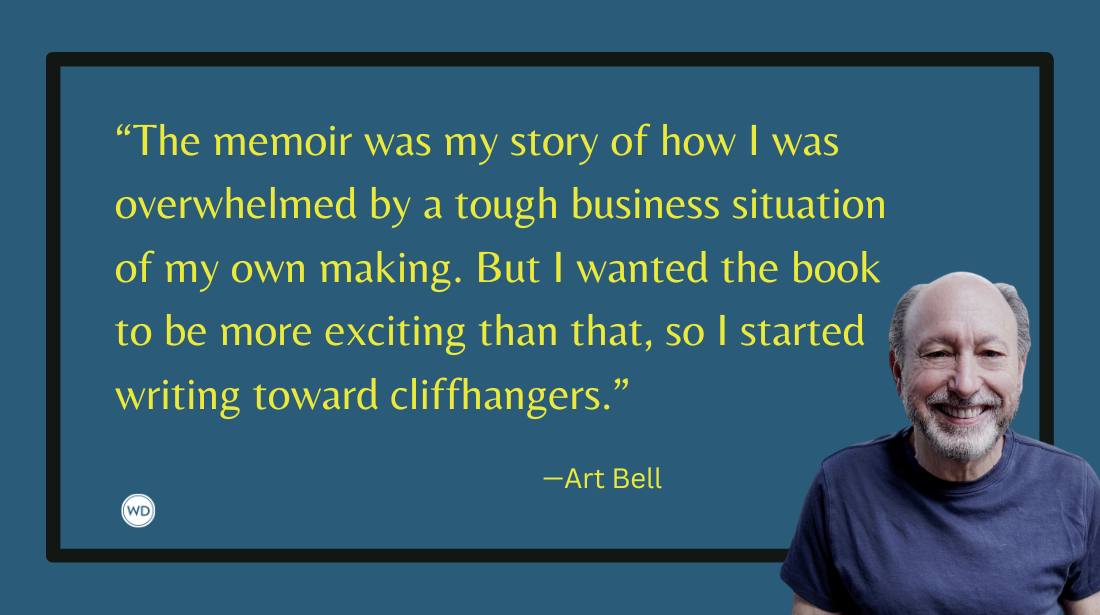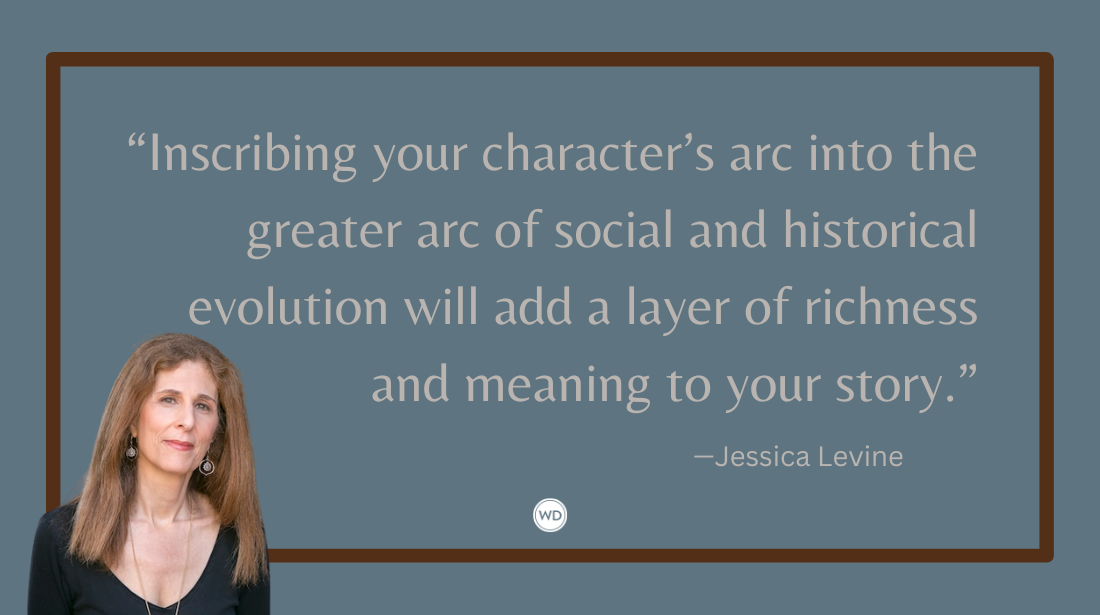Phong Nguyen: On Freedom To Invent in Historical Fiction
Award-winning author Phong Nguyen discusses his lifelong dream of writing his new historical fiction novel, Bronze Drum.
Phong Nguyen is the author of three novels: Bronze Drum, Roundabout: An Improvisational Fiction, and The Adventures of Joe Harper (winner of the Prairie Heritage Book Award); and two short fiction collections: Pages from the Textbook of Alternate History and Memory Sickness and Other Stories. He is the Miller Family Endowed Chair in Literature and Writing at the University of Missouri, where he teaches fiction writing. Find him on Twitter, Facebook, and Instagram.
In this post, Phong discusses his lifelong dream of writing his new historical fiction novel, Bronze Drum, the freedom to invent in historical fiction, and more!
Name: Phong Nguyen
Literary agent: Nat Sobel, of Sobel Weber Associates
Book title: Bronze Drum
Publisher: Grand Central Publishing
Release date: August 9, 2022
Genre/category: Historical Fiction
Previous titles: Roundabout, The Adventures of Joe Harper, Pages from the Textbook of Alternate History, Memory Sickness
Elevator pitch for the book: During the Bronze Age in ancient Vietnam, when a wicked new Han governor imposes strict laws on the Viet people, a Lord by the name of Trưng speaks out against the oppressive new rules and is subsequently beheaded. But his two daughters, Trưng Trắc and Trưng Nhị, in an act of revenge and patriotism, train an army of women who rise up to fight off the Han occupation, creating a free and independent nation in what is currently northern Vietnam.
IndieBound | Bookshop | Amazon
[WD uses affiliate links.]
What prompted you to write this book?
Bronze Drum is a book I have always wanted to write, ever since I was a kid and I heard the story of the Trưng Sisters for the first time from my father, who is from Vietnam. It struck me as inherently compelling because it showed how a single act can galvanize a population to action, and how anger can be harnessed productively in the service of independence and freedom.
Then, when the 2016 election revealed how uncomfortable Americans still were with the idea of a woman as head of state, I felt a new urgency to write this story as a demonstration of an historical example of effective female leadership.
How long did it take to go from idea to publication? And did the idea change during the process?
Well, I suppose the “idea” came quite early on, but let’s say I started to consider seriously writing this book in 2013 or so. My research began in 2015, and the writing of the book took place between 2016 and 2019. It was picked up for publication in February of 2020, but because of COVID delays will be released two and a half years later, in August of 2022.
The idea was not substantially changed from idea to publication, but the scope of the novel substantially changed (the first draft was 600 pages) and a lot of military history was taken out and replaced by a greater depth of interiority and interpersonal drama.
Were there any surprises or learning moments in the publishing process for this title?
There were many learning moments in the publishing process, some of which were mundane and some of which were more revelatory. One of the more revelatory learning moments came when the editors called for more exposition in the text. I had long internalized the idea that exposition has nearly no place in a work of contemporary fiction, but when I was directed to include more dynamic exposition, I started to see its presence everywhere.
Were there any surprises in the writing process for this book?
I tend to be heavily research-driven in my writing, so the biggest surprise for me in creating Bronze Drum was that, in instances where the historical record is contradictory or entirely absent, I felt freed to invent. I thought that such a lack of historical record would be paralyzing for me, but instead it allowed me to make choices for the sake of the story and even to include deliberate anachronisms to fuel the drama.
What do you hope readers will get out of your book?
I hope that readers will be moved and inspired by the lives of these noble and powerful women who lived 2,000 years ago. I want the reader to be shaken out of the complacency that comes from a benighted cultural universalism—and awaken into the realization that the way we live is not the way that all societies in all places and times were structured. I want the reader to appreciate that Vietnam is more than just a synonym for a military quagmire, and that its history reaches back thousands of years into antiquity.
If you could share one piece of advice with other writers, what would it be?
Follow your curiosity. Everything else stems from this. There is all the difference in the world between a story by an author who is genuinely fascinated by the subjects about which they write and a story written in a fashion that is skillful but rote or automatic.
Ursula K Le Guin wrote about “energy” being the most important aspect of writing; similarly, Ray Bradbury wrote about “zest” and “gusto” being essential to one’s prose. Yet all of these things flow from the author’s curiosity and passion for their subject.
Robert Lee Brewer is Senior Editor of Writer's Digest, which includes managing the content on WritersDigest.com and programming virtual conferences. He's the author of 40 Plot Twist Prompts for Writers: Writing Ideas for Bending Stories in New Directions, The Complete Guide of Poetic Forms: 100+ Poetic Form Definitions and Examples for Poets, Poem-a-Day: 365 Poetry Writing Prompts for a Year of Poeming, and more. Also, he's the editor of Writer's Market, Poet's Market, and Guide to Literary Agents. Follow him on Twitter @robertleebrewer.



